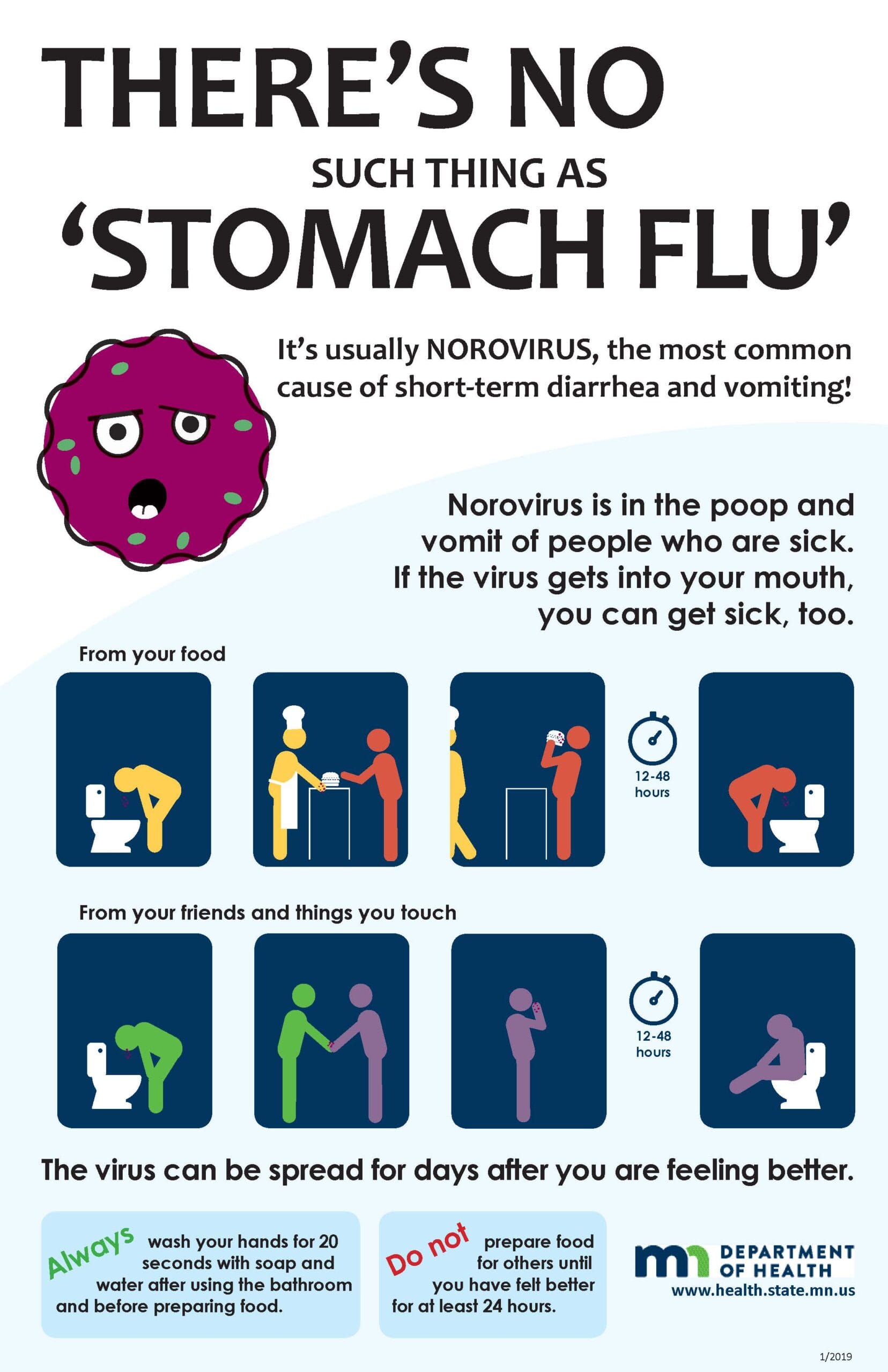The Department of Health has recently issued a statement addressing the rise in respiratory illnesses that have been observed in various regions of the country. As the seasons transition from summer to fall, health officials are bracing for an expected increase in the number of cases. This trend has raised alarms among public health experts, who are emphasizing the importance of preventive measures to help curb the spread of these illnesses.
Respiratory illnesses encompass a wide range of conditions that affect the airways and lungs, including the common cold, influenza, bronchitis, and pneumonia. The Department of Health has noted that these illnesses often see a spike during the fall and winter months, coinciding with the return of colder weather and increased indoor gatherings. The confluence of these factors creates an environment conducive to the transmission of respiratory pathogens.
In their report, health officials highlighted that early indicators suggest a higher-than-average incidence of respiratory illnesses this year. Surveillance data from hospitals and clinics indicate a growing number of patients presenting with symptoms such as cough, fever, and difficulty breathing. This uptick has prompted the Department of Health to prepare for a potential surge in hospitalizations and to allocate resources accordingly.
One of the primary concerns raised by health officials is the impact of respiratory illnesses on vulnerable populations, including young children, the elderly, and individuals with pre-existing health conditions. These groups are at a higher risk of developing severe complications from respiratory infections, which can lead to increased morbidity and mortality rates. The Department of Health is working closely with healthcare providers to ensure that adequate support and resources are available for these at-risk populations.
To combat the anticipated rise in respiratory illnesses, the Department of Health is advocating for several preventive measures. Vaccination remains one of the most effective strategies, particularly for influenza and other vaccine-preventable respiratory diseases. Health officials are encouraging individuals to receive their flu shots as soon as they become available, as this can significantly reduce the risk of severe illness and hospitalization.
In addition to vaccination, the Department of Health is promoting good respiratory hygiene practices. These include regular handwashing, the use of hand sanitizers, and covering coughs and sneezes to prevent the spread of respiratory droplets. Furthermore, maintaining good ventilation in indoor spaces and avoiding close contact with individuals who are symptomatic are also recommended strategies to minimize transmission.
The Department of Health has also emphasized the importance of public awareness and education regarding respiratory illnesses. Community outreach programs are being implemented to inform the public about the symptoms of respiratory infections and the importance of seeking medical attention when necessary. Early intervention can play a critical role in managing these illnesses and preventing complications.
As the situation evolves, the Department of Health will continue to monitor trends in respiratory illnesses and adjust its public health strategies accordingly. Regular updates will be provided to the public to ensure that individuals are informed about the current state of respiratory health in their communities.
In conclusion, the Department of Health’s acknowledgment of the rising trend in respiratory illnesses serves as a crucial reminder of the importance of vigilance and proactive health measures. As seasonal changes approach, the public is urged to take necessary precautions to protect themselves and their communities. By adhering to recommended guidelines and staying informed, individuals can contribute to mitigating the impact of respiratory illnesses during this challenging time.



